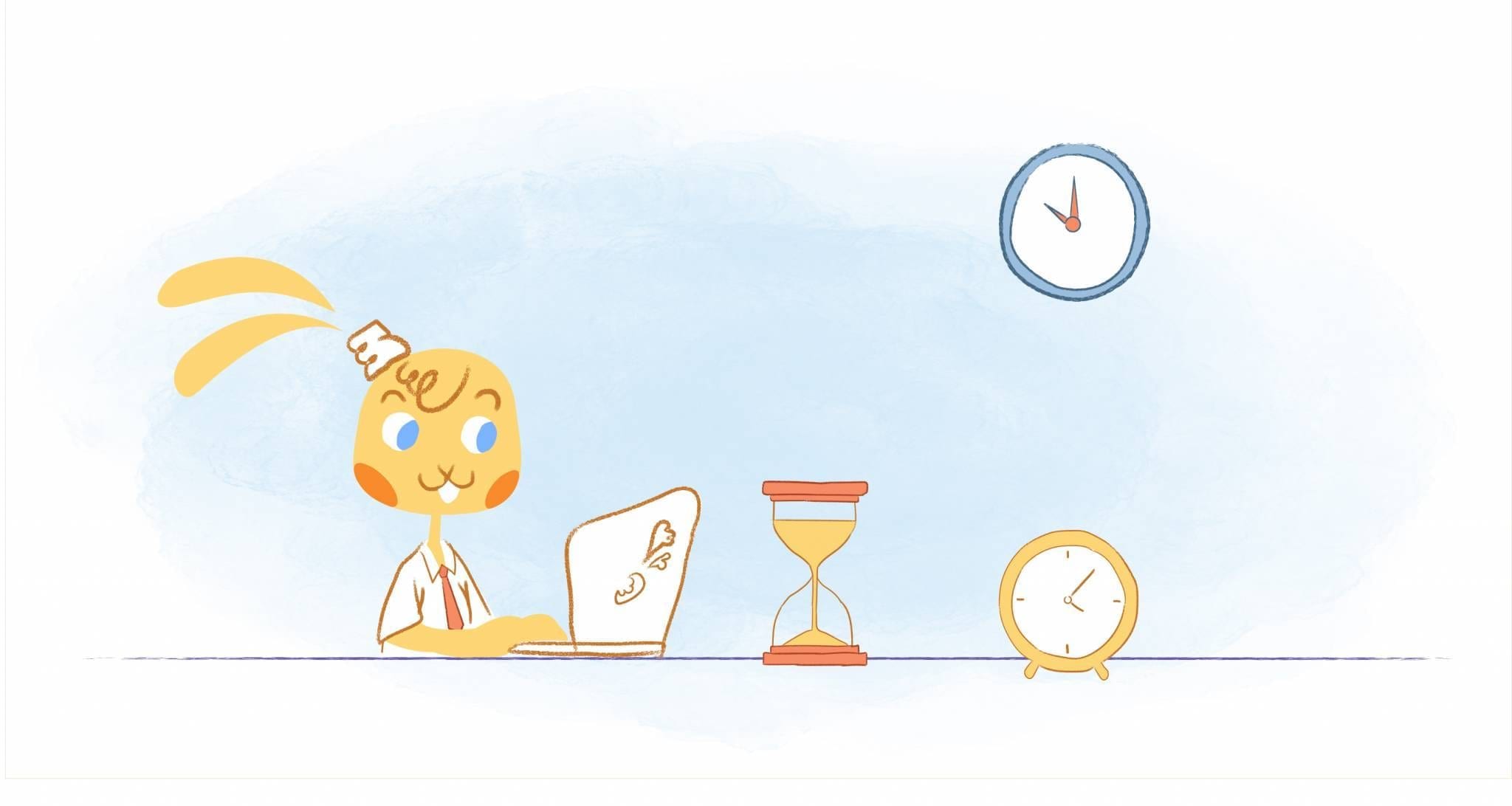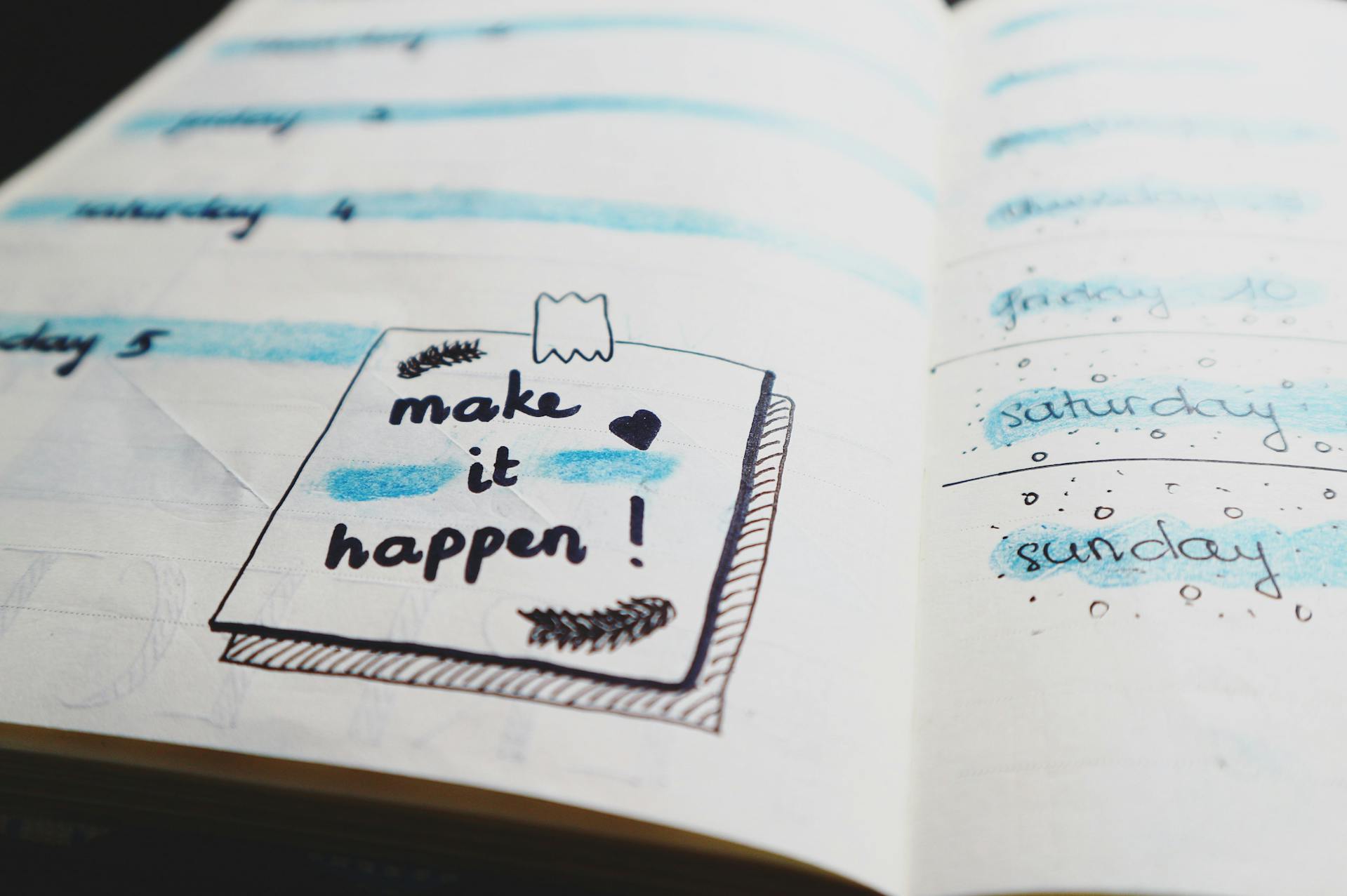

Between work, household responsibilities, and everything else, it’s common for most people to feel like they don’t have enough time during the day. Conventional advice says scheduling in exercise, self-care and at least 8 hours of sleep is important. But what if you feel like your schedule is already jam-packed?
We all have the same 168 hours each week. Earlier this year I started tracking time in 15-minute increments. I’m the first to admit that I don’t always use my time so wisely. I don’t believe that you have to be productive every minute of every day to be successful.
Still, I want to be intentional with my time whether that means planning out when I’ll take up a new hobby, cook a nice dinner for my family, or bum around on the couch and watch T.V. for 2 hours. I also found out that the whole weekend was gone.
What most people are craving (myself included) is the freedom to feel like you actually own your time and can choose what to do with it – productive or not. Here’s what I figured out after tracking time in 15-minute increments for as few days.
Math is More Important Than Emotion in This Case
“I feel overwhelmed.”
“There’s too much on my plate.”
“My schedule is jam-packed and I never have enough time.”
All of these thoughts often cross my mind throughout the day. They are usually based on my overwhelm or perhaps even burnout. I now know that they are thoughts and ideas based on emotion that shouldn’t be taken as pure fact.
Here’s why. When it comes down to the numbers, I do have enough time and you probably do as well. If you spend:
- 40 hours at work each week
- 10 hours commuting to work Monday-Friday and getting ready for work (showering, making coffee, etc)
- 15 hours per week running errands and doing household chores
- 56 hours sleeping (8 hours per night)
- 5 hours exercising
You’ll get around 126 hours. This means you still have 42 left each week or 504 hours each year to spend doing whatever you want.
A Calendar is Not an Option, It’s a Necessity
This is why I love scheduling my time so much. I’m obsessed with planning and using calendar tools because even though I have some negative thoughts about my schedule and available time, a calendar provides a much-needed reality check every now and then.
Getting clear on your priorities and planning out your time is crucial. Especially if you want to optimize the 24 hours you get each day. Consider choosing 1 to 3 things to tackle each day and plan out your downtime as well. For me, that means thinking about what I’m going to do after work or during my lunch break.
It’s okay if I just sit and watch YouTube for 30 minutes while I eat my lunch or talk to my sister on the phone for an hour during the evening so long as I plan it out. Tracking time in 15-minute increments helped me realize that I wasn’t being too intentional with time or really planning out my schedule as best as I could.
Forget the kids’ lunches a couple of dozen times and you’ll see there are a whole bunch of things you can accomplish in that 15-min short-spots.
Distractions MUST Be Identified and Weeded Out
I think one of the biggest lessons I learned when tracking my activity every 15-minutes is that distractions are sneaky and can mess up the entire day. Not just once, but over and over again. Before you know it, you’re wondering how it’s already September or how the month went by so quickly.
While I was tracking time in 15-minute increments, I kept noticing distractions but pulled myself back to the main task. Tracking time gave me added accountability because I knew if I clicked on Facebook or responded to a text while working that it would slow me down. I’d have to write down how it took twice as long to complete a task. Even though I didn’t show anyone my tracking sheet, this was still important to me for some reason.
The point is, distractions are all around us and we need to do a better job at identifying them. I’ve talked about this a lot on this blog, but need to get better at it myself. Sure, I don’t play music or have the T.V. on in the background when I’m working, but I could be doing more.
Even now as I’m writing this post, I’ve gotten notifications about new YouTube videos posted, email alerts and text messages. Instead of opening up my phone and viewing these interruptions as an important opportunity, I recognize them as distractions which means progress in my book.
Small Changes Make a Big Difference
My main takeaway from exercise is not that I need to have a super tight schedule where every minute is planned out. I’m not striving for perfection and you shouldn’t either. What I did learn is how important it is to be mindful of your time and strive for efficiency.
If you’re not mindful of your activities and how you manage your time, no one will do this for you. For one, you may not have realized how long it takes to do home-schooling with your kids.
It’s up to me to pay attention to the leaks in my schedule and the key distractions I always fall for. It’s my responsibility to develop better processes or find ways to do things more efficiently when possible. I even found I could plan quick fun events I could throw on my Calendar, that made huge differences to my happiness.
At the same time, it’s crucial that use my newfound mindfulness to not feel guilty about taking breaks, having downtime, or simply sitting out the couch and doing nothing. Intentional living is the ultimate goal.
Will I Continue Tracking Time in 15 Minute Increments?
Most likely no. I believe I learned what I was supposed to learn from the exercise but I’d highly recommend it to anyone who hasn’t tried it before. Tracking your time every 15 minutes is hard and tedious work. You’ll feel like you’re always on your toes so realistically, it’s not something I can do every single day.
However, I will keep this idea in my back pocket to possibly try once year or whenever I feel like I’m not being intentional with my time.
Would you challenge yourself to start tracking time in 15-minute increments? Why or why not?











Choncé Maddox
Choncé Maddox is a professional writer who recently left her job in the web design industry to produce killer content and manage her own writing business full time. She is passionate about helping entrepreneurs be more productive and create a life they love by doing fulfilling work. On the side, she runs a podcast and blogs about getting out of debt at MyDebtEpiphany.com.